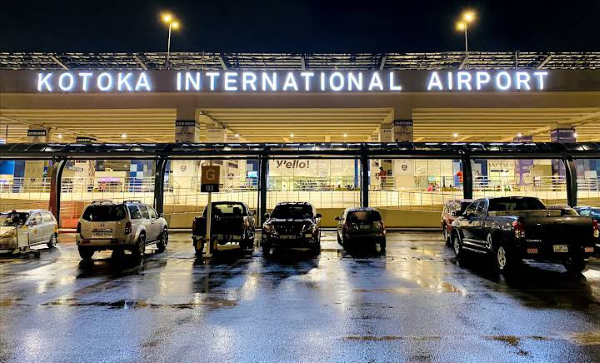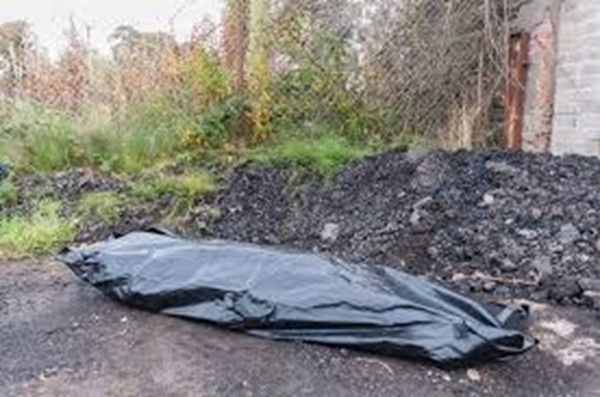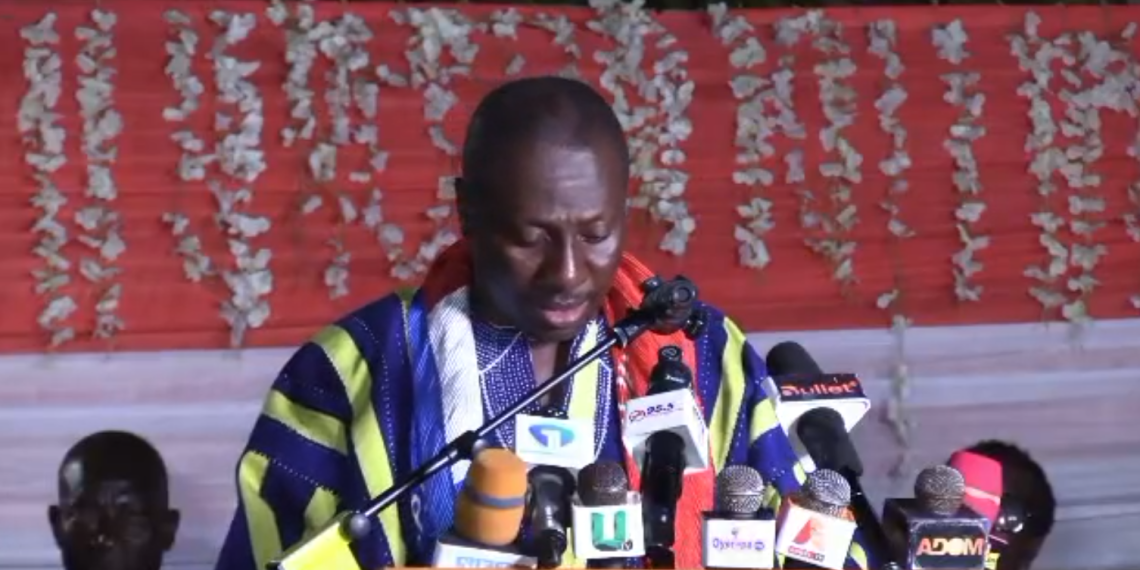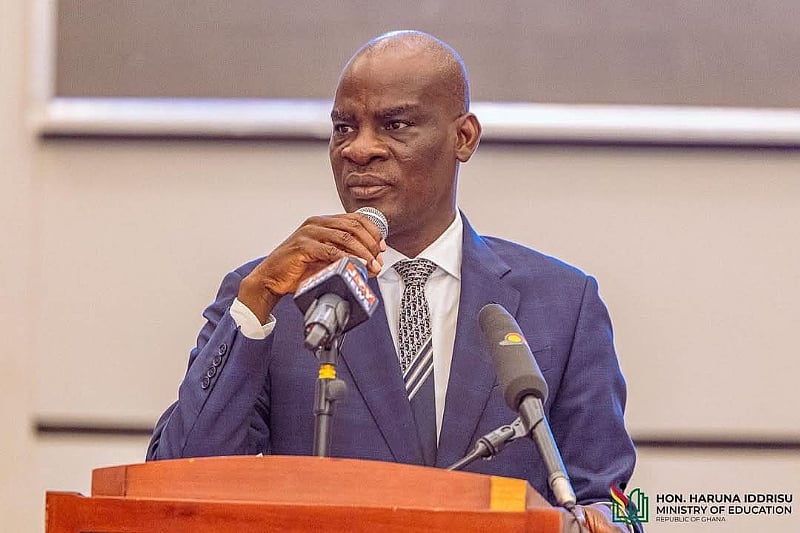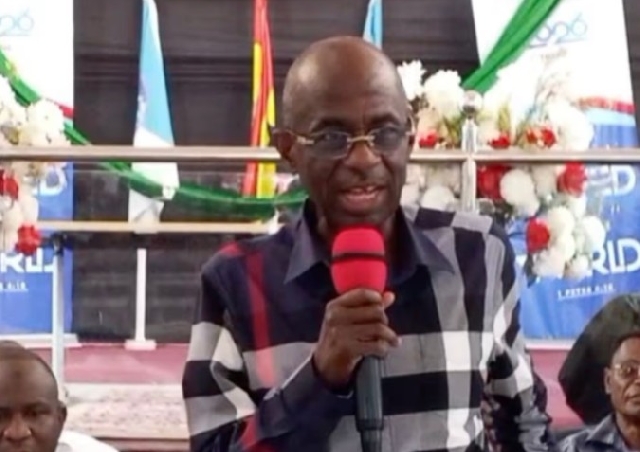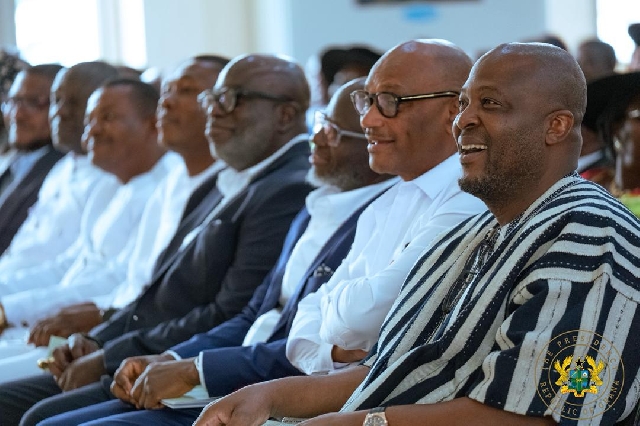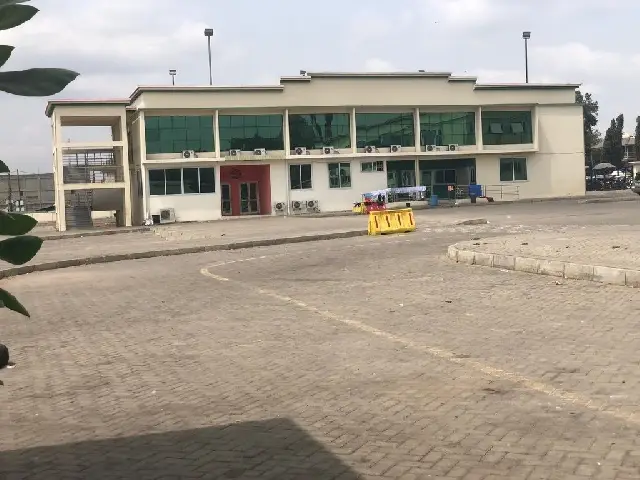Once a symbol of progress for Accra’s urban commuters, the Kinbu terminal of the Aayalolo Bus Rapid Transit (BRT) system has now become the center of controversy and mounting tension in the heart of the city’s Central Business District.
The Aayalolo BRT project, launched in 2016 under the stewardship of the Greater Accra Passenger Transport Executive (GAPTE) and overseen by the Ministry of Local Government, was envisioned as a solution to the city’s perennial transport woes. Its network spans major terminals from Adenta and Achimota to Ofankor, Amasaman, and Kinbu, offering hope for a more efficient and organized public transport system.
For years, the Kinbu terminal, like its counterparts, operated under the direct management of GAPTE, providing structured bus services and a semblance of order in the otherwise chaotic city center. But following the December general elections, the scene at the Kinbu terminal began to change drastically.
According to multiple sources, a group of individuals, allegedly linked to the Accra Metropolitan Assembly (AMA) and the governing National Democratic Congress (NDC), moved in and took over operations at the terminal. These individuals began collecting daily tolls from vehicles using the car park, asserting control over entry and exit, and converting sections of the terminal into a makeshift bulk-breaking zone, where cargo trucks offload goods for distribution.
GAPTE, which until recently maintained full control of the terminal, found itself sidelined. The funds collected over the past ten months by the new group have reportedly not been accounted for, raising alarms over transparency and accountability. Meanwhile, GAPTE has continued to shoulder the costs of maintenance, cleaning, and utilities, an increasingly unsustainable burden given the loss of revenue streams.
The situation has also triggered a cascade of new problems. The terminal’s changing environment has attracted a surge of casual laborers and, according to witnesses, alleged drug users. This influx has led to a deterioration in sanitation, with reports of open defecation and mounting waste, as well as a spike in petty crimes, including the theft of vital bus parts. The once orderly terminal is now marred by congestion, making daily operations and commuting both difficult and hazardous.
Despite these growing challenges, efforts to regain control have been met with stiff resistance. On Monday morning, November 10, 2025, the tension reached a boiling point. Officials from National Security were called to the scene in an attempt to restore order, but the group occupying the terminal stood their ground, reportedly justifying their actions by declaring themselves “party boys” who “need to eat.” Their defiance underscored the deep political undertones driving the standoff.
Amid the chaos, stakeholders, from commuters and public transport operators to city administrators, are sounding the alarm. There are rising calls for the government to intervene urgently, restore the terminal to GAPTE’s management, and ensure the safety and well-being of everyone who depends on Aayalolo’s services.
The crisis at Kinbu comes as a blow to the reputation of the Aayalolo BRT system, once celebrated as a transformative step toward sustainable mobility in Accra. The project’s promise of reliable, organized, and safe public transportation now hangs in the balance, threatened by issues far beyond technical or operational hurdles.
In the midst of the turmoil, there are glimmers of hope. Reliable information reaching Classfmonline.com indicates that the Driver and Vehicle Licensing Authority (DVLA) is making determined efforts to establish an accredited office within the Kinbu terminal, working with GAPTE to restore a measure of oversight and legitimacy. If successful, this development could mark the beginning of a turnaround for the embattled station.
For now, however, the Kinbu terminal remains a flashpoint—a stark reminder of how quickly public infrastructure gains can be eroded by political interference, mismanagement, and the absence of effective oversight. The future of Aayalolo, and the broader vision for modern urban transport in Accra, may well hinge on how swiftly and decisively authorities act to resolve the crisis.
As the city waits for answers, commuters and staff navigate uncertainty each day, hoping that the promise of a better, safer, and more efficient transport system will not be lost amidst the chaos at Kinbu.
Source: Apexnewsgh.com

